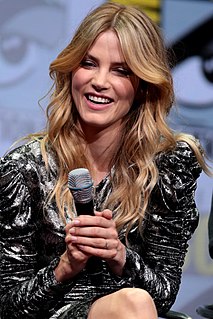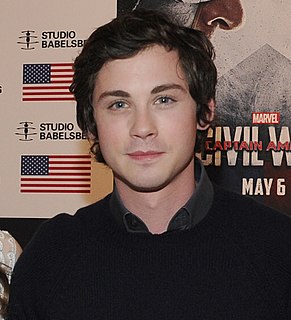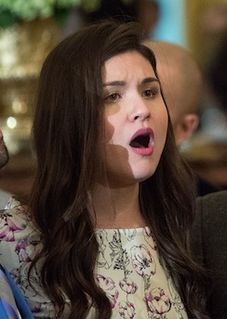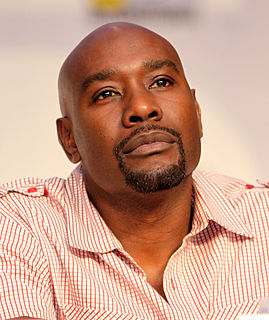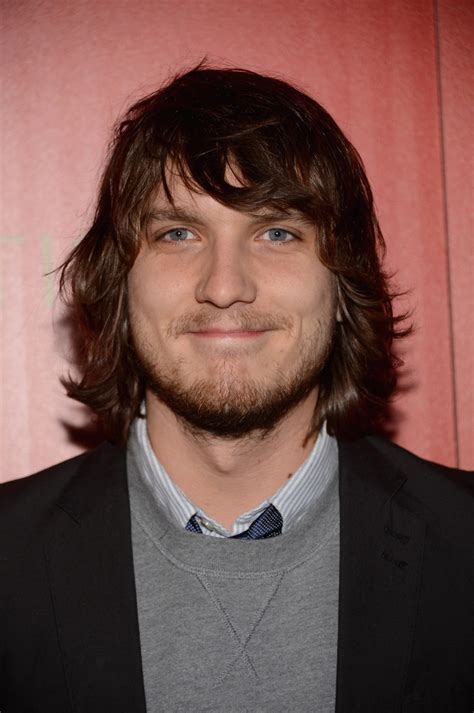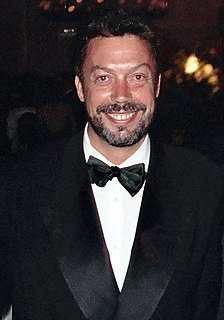A Quote by Sylvia Hoeks
It's interesting what happens when you take on a role, I think. What happens to me - without sounding too spiritual or too hippy, I guess - what happens, most of the time, you do a lot of research, and you get into the character, and at a certain moment, it's like the character takes over.
Related Quotes
It is obvious when an actor has put work into prep and research and understanding their character, and they're making choices, because that's what happens when you take the time - or have the time - to really think about the material, but that only accounts for about 60% of what happens on the day. When you're in the moment, you throw it all away. Well, you don't throw it all away, but it's in you now, and everything is reactionary in that moment and you have to be honest and present and listening.
When you go for something because you're curious about it, you get psyched up about the chance of getting into it. It's like an actor meets a role, and you slip into that body and see what happens, to experience certain conditions, to adopt a certain character. Even shooting is a study of the character. I think both the character and the actor, and eventually the filmmaker - myself - are finding a way to accept their environment and being accepted and feel comfortable of themselves.
The first thing that happens is the cleansing of the former character. I don't think a lot of actors talk about it, but there is usually a process where you essentially purge yourself of the character played prior to the movie. Then you want to think about what the character represents, and you write down all of the elements about this character and then take the time to find some synchronicity and start breathing the character.
Something happens in school sometimes where you're like, 'Oh, I'm not an expert, and I have to defer to people who are.' And it happens not just in school: it happens in religion, too. Defer to the experts. A printing press is a big deal - they got the Bible, and all of a sudden they could read it for themselves.
You're always choosing the start point and the end point. And almost by definition, the most interesting period is where something happens, as a result of which something is different at the end. And so to me, the idea that you know everything about a character at the beginning is sort of ridiculous. Something has to be revealed. I like it when the deeper you go with the character, the more you see the layers start to peel away. It's more challenging to me, but it's also just interesting. Those are the things I like to watch. I like to watch the evolutions of something.
